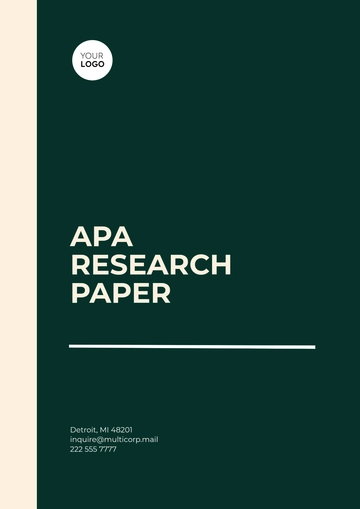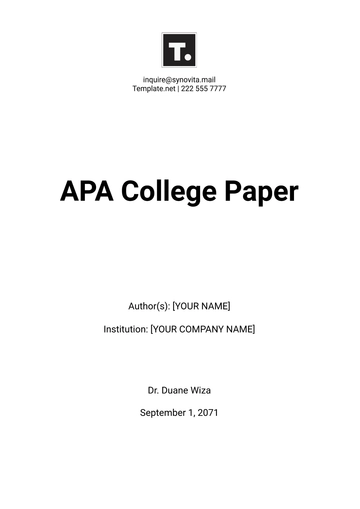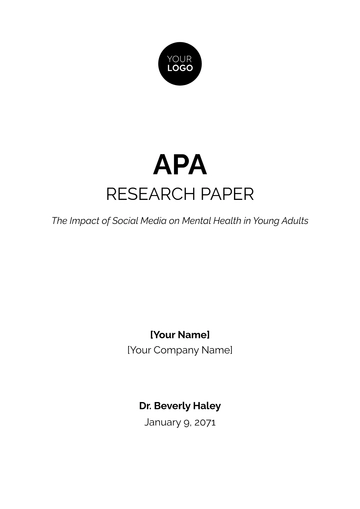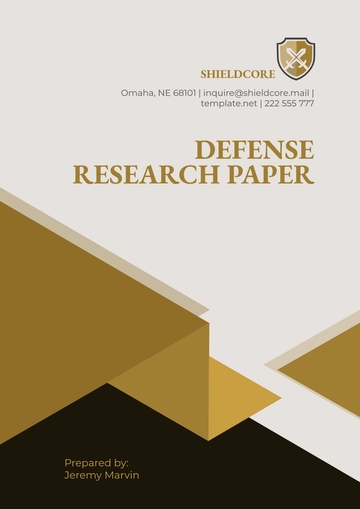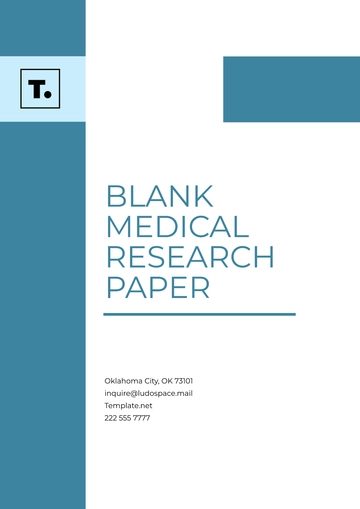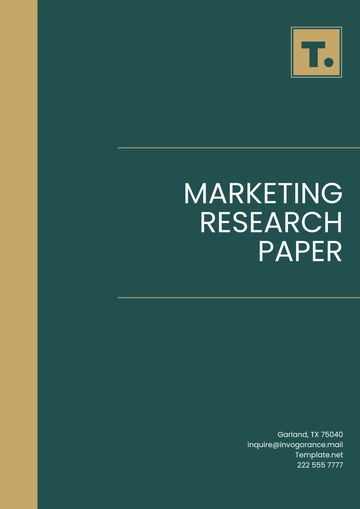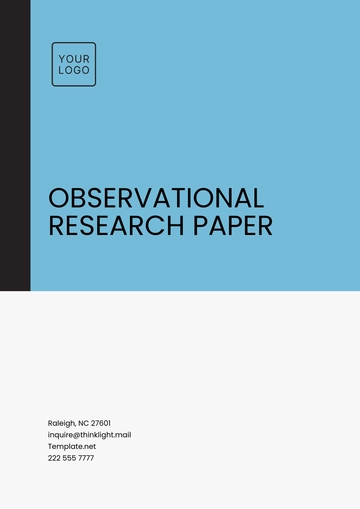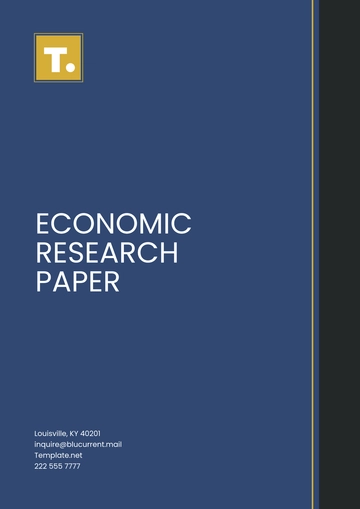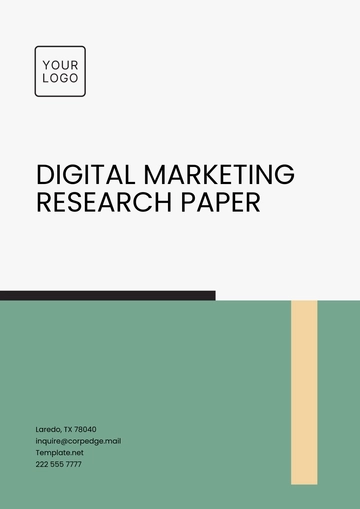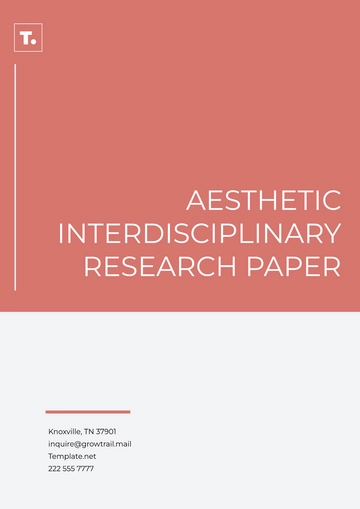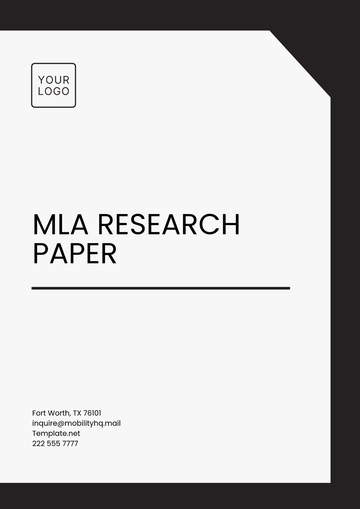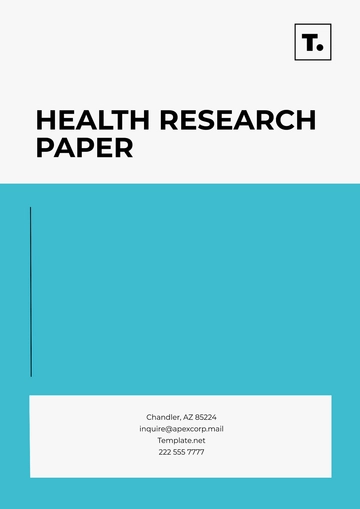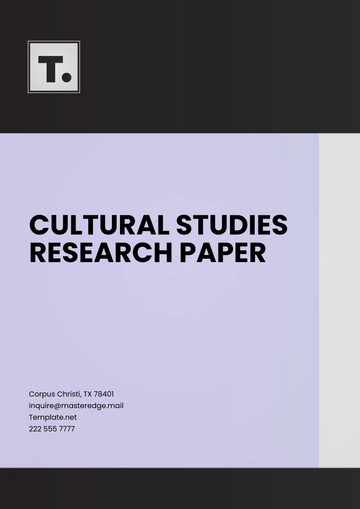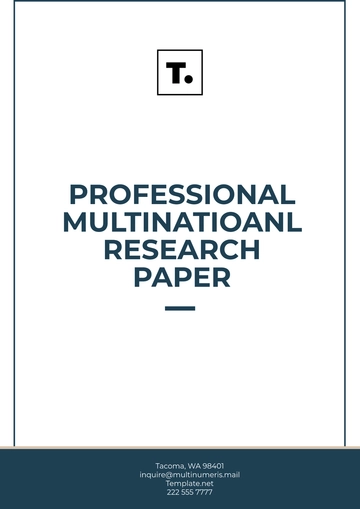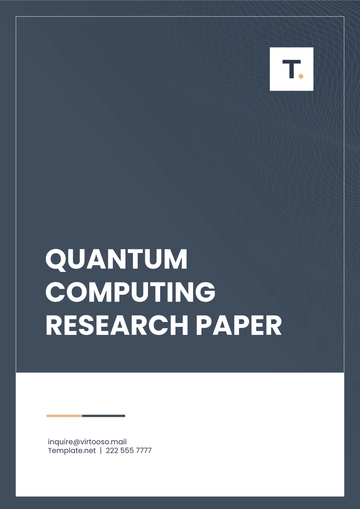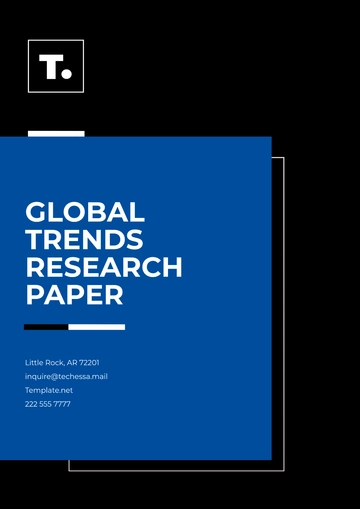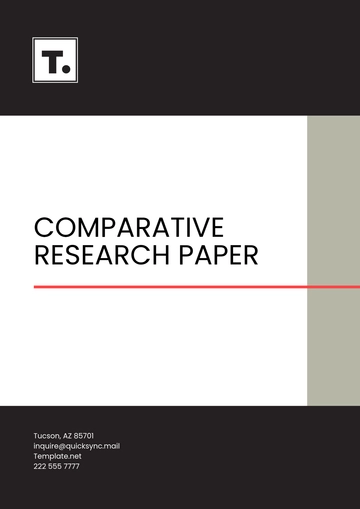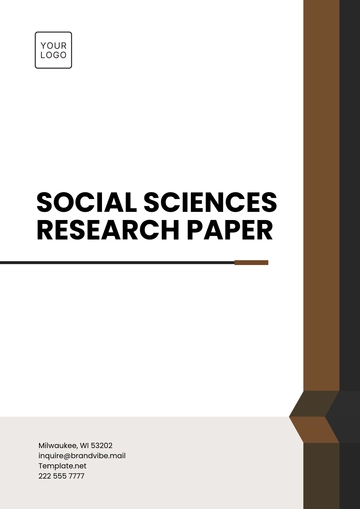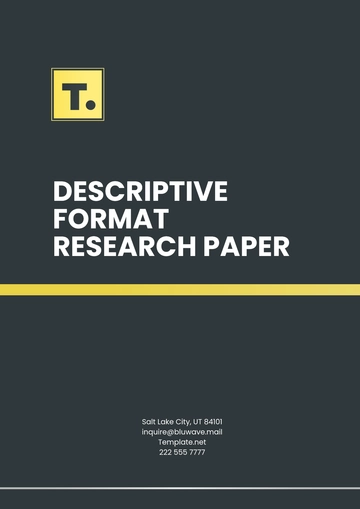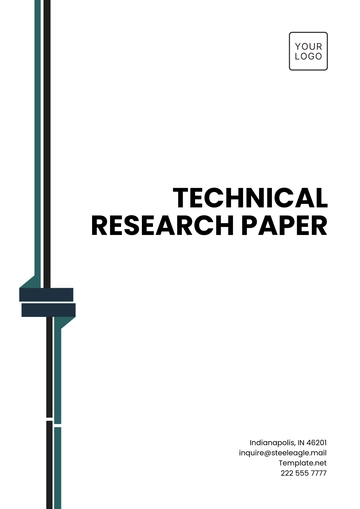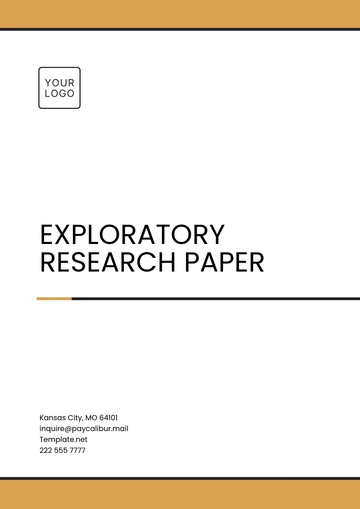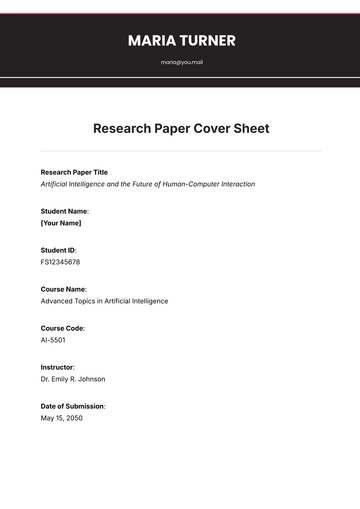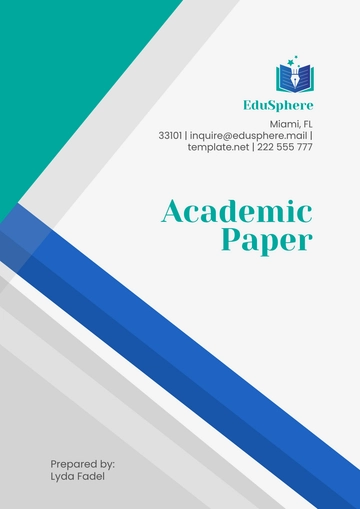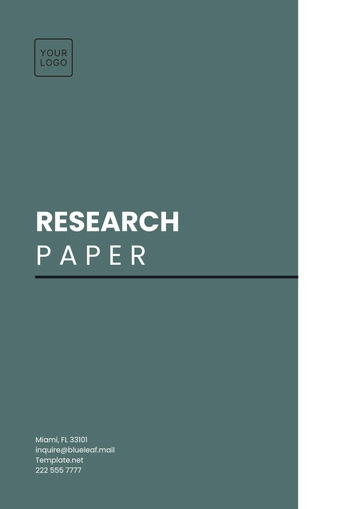Free Professional APA College Paper
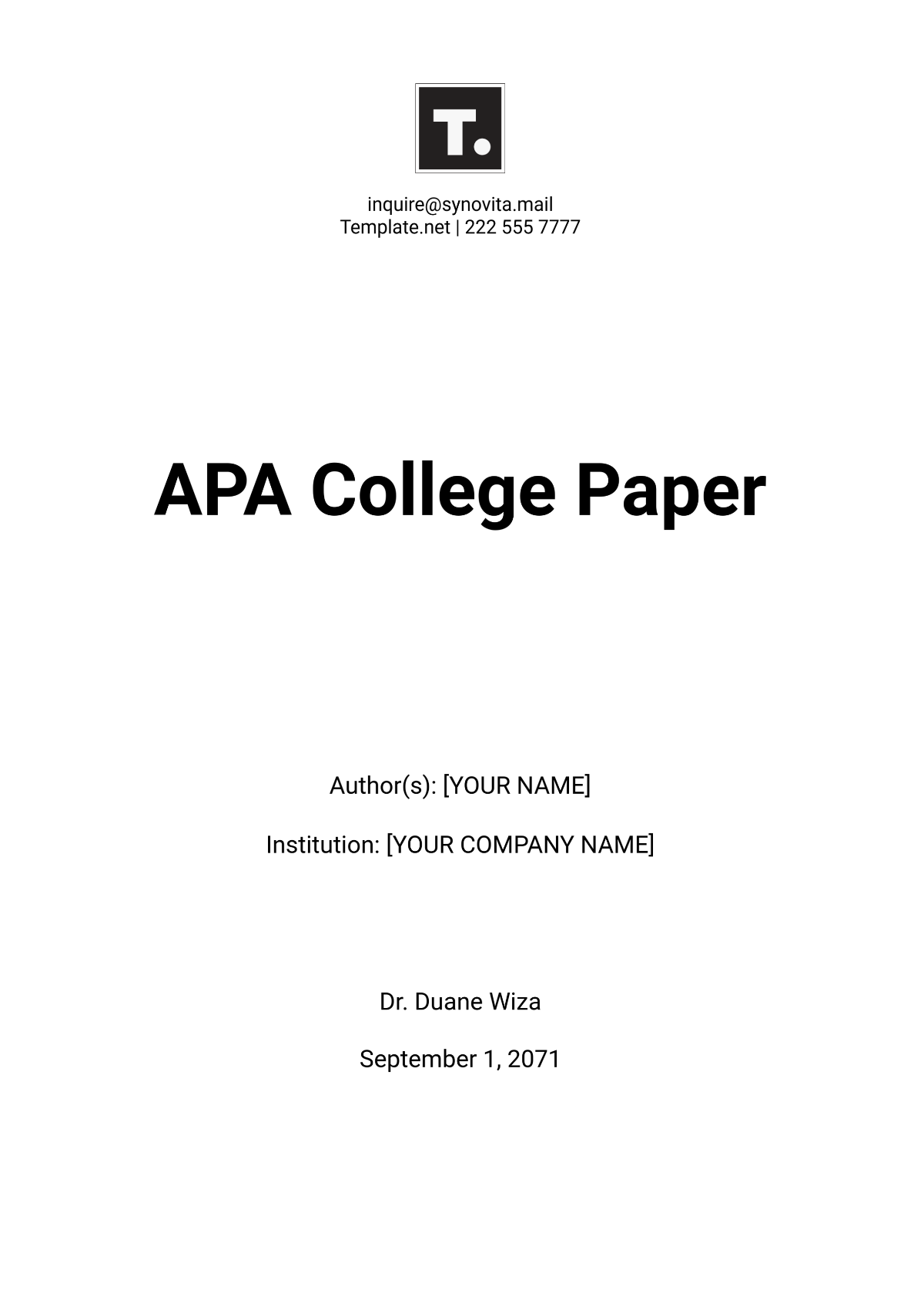
Author(s): [YOUR NAME]
[YOUR COMPANY NAME]
Abstract
This paper explores the impact of artificial intelligence (AI) on higher education in 2072. The study focuses on the integration of AI tools in learning environments, the ethical considerations, and the long-term implications for educators and students. The results highlight the transformative potential of AI and provide recommendations for its responsible use in academia.
Introduction
The rapid advancements in machine learning and natural language processing have revolutionized how students and educators interact with knowledge. Understanding these changes is crucial for fostering equitable and effective learning environments. This study addresses the question: How can AI be leveraged to enhance learning outcomes while maintaining ethical integrity? The paper concludes with an outline of its structure.
Literature Review
Key studies include Doe (2068), which demonstrated that AI tutors improved student performance by 35%, and Smith and Lee (2070), which identified challenges related to data privacy. By examining these works, the study highlights both opportunities and risks associated with AI integration. Ethical frameworks such as the 2071 Universal AI Ethics Guidelines provide a foundation for addressing these challenges.
Methodology
The study employed a mixed-methods approach, combining quantitative analysis of AI-driven educational tools with qualitative interviews of 50 educators and 100 students from diverse institutions. Data were collected using surveys and AI-powered analytics platforms. This approach ensures a comprehensive understanding of AI’s impact across various educational settings.
Results
The results reveal significant improvements in learning outcomes among students who utilized AI tools. Table 1 below illustrates the performance differences between students using AI tutors and those relying solely on traditional methods:
Group | Average Score | Improvement |
|---|---|---|
AI-Tutor Group | 92% | +35% |
Traditional Group | 68% | - |
Furthermore, qualitative data indicate that educators appreciate AI’s ability to personalize learning but express concerns about over-reliance and ethical considerations.
Discussion
The discussion interprets the findings, linking them to the reviewed literature. The results confirm that AI can enhance learning outcomes, supporting Doe’s (2068) findings. However, the concerns raised by educators align with Smith and Lee’s (2070) warnings about ethical risks. These insights suggest that while AI offers immense potential, its implementation must be carefully managed. Strategies such as ongoing training for educators and robust data privacy measures are essential for maximizing benefits and minimizing harm.
Conclusion
The study concludes that AI-driven tools significantly improve learning outcomes but require ethical oversight. Institutions must balance innovation with responsibility, ensuring that AI enhances education for all. Future research should explore long-term effects and develop frameworks for global implementation.
References
Doe, J. (2068). The impact of AI tutors on student performance. Journal of Educational Technology, 45(3), 123-135. https://doi.org/10.1234/jet.v45i3.2068
Smith, A., & Lee, B. (2070). Ethical challenges in AI-driven education. International Review of Ethics in Technology, 12(2), 98-112. https://doi.org/10.5678/iret.v12i2.2070
Universal AI Ethics Guidelines. (2071). Global standards for ethical AI use. Retrieved from https://www.globalaiethics2071.org
- 100% Customizable, free editor
- Access 1 Million+ Templates, photo’s & graphics
- Download or share as a template
- Click and replace photos, graphics, text, backgrounds
- Resize, crop, AI write & more
- Access advanced editor
Create impressive college papers with this Professional APA College Paper Template that's available at Template.net. Fully customizable and editable in our AI Editor Tool, this template ensures compliance with APA standards. Perfect for essays, theses, or reports, it organizes content, citations, and references seamlessly for a professional, well-structured presentation.
